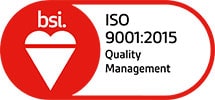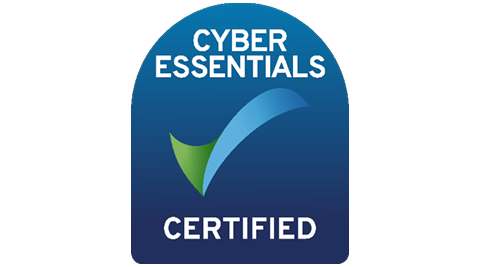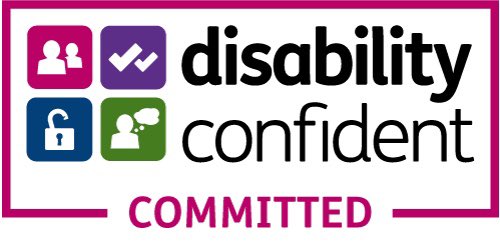What do you look for when fielding job applications for your business?
Should your answer be the same one given by other leaders in FMCG, you’ll be comparing experience and qualifications above all else.
It makes sense that this is your priority, considering how essential it is that FMCG employees hit the ground running. Even though selecting a candidate according to their hard skills seems like a foolproof way to onboard a capable worker, it could be causing you to miss out on a bucket load of potential.
What is the Value of Soft Skills to FMCG?
Although hard skills (which come from prior training) are undoubtedly valuable to the FMCG industry, they don’t necessarily guarantee that an applicant will be a good fit for your company.
After all, just because someone has experience in a specific role, it doesn’t mean they’ll thrive in the agile and fast-paced environment of our industry. Shouldn’t that be the priority?
By choosing your new employee based on their soft skills (which act as a representation of their overarching personality), you’ll be able to ensure alignment across the board – selecting someone who’ll grow with your company.
This’ll make a massive difference to the future of your staff management, keeping things ticking forward and increasing your retention rates significantly.
Which are the Most Important Soft Skills in FMCG?
When recruiting employees for your FMCG company, it’s crucial to remember that soft skills aren’t as teachable as hard skills.
While people can certainly broaden their horizons with time (picking up knowledge along the way), it’s impossible to suddenly become a creative thinker if you weren’t already predisposed to be one.
You’ll want to select a candidate, then, that already ticks all the boxes and will fit into your workplace with ease. In this industry, you’ll want someone that is…
- A problem solver.
- A conflict resolver.
- Able to keep calm under pressure.
- An excellent communicator.
- Aware of their surroundings.
- A creative individual.
- A decision-maker.
- A natural leader.
A candidate with any (or all) of these soft skills would have a great career in FMCG, fitting in with the team around them and contributing toward your ongoing success. This individual wouldn’t let stress get the better of them and, as long as you are willing to provide on-the-job training, would soon be one of your firm’s strongest assets.
How to Identify a Candidate’s Soft Skills
In an ideal world, your job applicants would be self-aware of their strengths and weaknesses – listing their characteristics on their resume for all the world to see.
Yet, just as you’ve been undervaluing the importance of soft skills… so have your candidates.
Therefore, you might have to do some digging in order to unveil the truth and be able to select a candidate that can cope with the FMCG industry’s high-stress environment.
1. Read Their Cover Letter
When candidates have taken the time to write a detailed and personalised cover letter, they’ll be freely giving away information that’ll prove crucial to your decision-making.
Even if they’ve not specifically mentioned the core soft skills you are looking for, they might have provided a bit of insight into their previous job roles, detailing examples of their proficiencies.
2. Ask the Right Questions
Following this, if you can’t find the answers you are looking for but their resume looks promising, you should organise a 1-on-1 interview.
However, you have to be careful.
In the heat of the moment, a candidate that’s asked “do you have leadership skills?” is going to provide the answer you want to hear, not the truthful one.
Instead of asking closed questions, then, you need to encourage your prospects to open up. We suggest asking queries like…:
- What is one example where you acted like a leader?
- When have you taken the initiative to solve an existing problem?
- How do you deal with conflict when it arises?
- When have you experienced stress at work?
Sara Firth, Divisional Director in our FMCG Division said: “Open competency-based questions are critical and businesses are slowly coming around to the importance of soft skills and more importantly the link from these to longevity within a business as a benefit.”
The answers to the above will separate the top candidates from the rest, giving you the insight you need to select the best employee for the job.
3. Conduct a Trial Shift
At this point, if you are still unsure, there’s an easy fix… inviting the potential employee to a trial shift so that you can observe them in action.
Even if the individuals in question are entirely new to FMCG, you’ll be able to assess:
- The way they listen to those around them.
- The way they onboard information.
- The way they design solutions for problems.
- The way they cope with their workload.
- This will help you understand whether or not they are a good fit for your company. What’s not to love?
Recruiting Through Scantec
At Scantec, we prioritise finding the perfect fit for your business.
Our recruiters take time to look at the hard and soft skills of each applicant in order to select someone that will thrive in their new role and embrace every challenge that comes their way.
If you are currently hiring and would like further advice on identifying the best employee for the job, get in touch with Scantec today.







